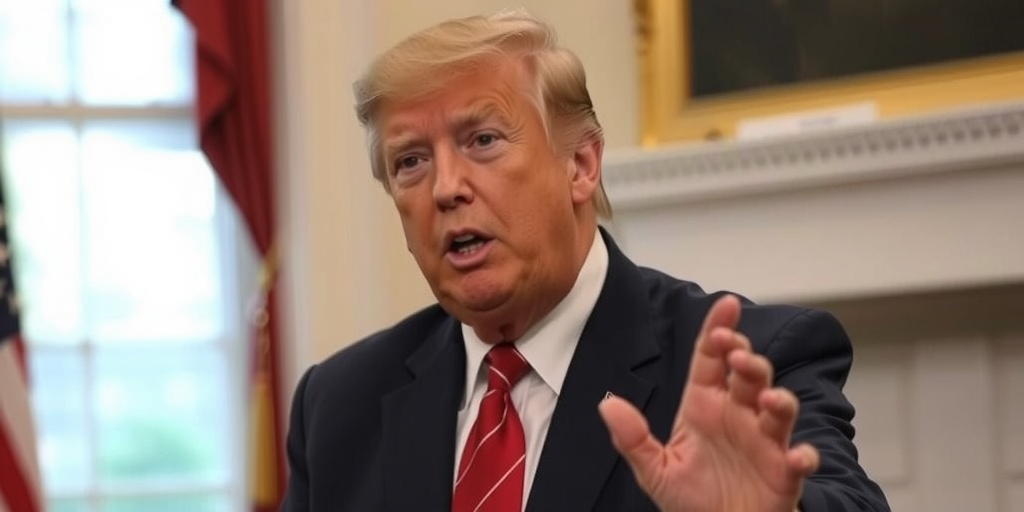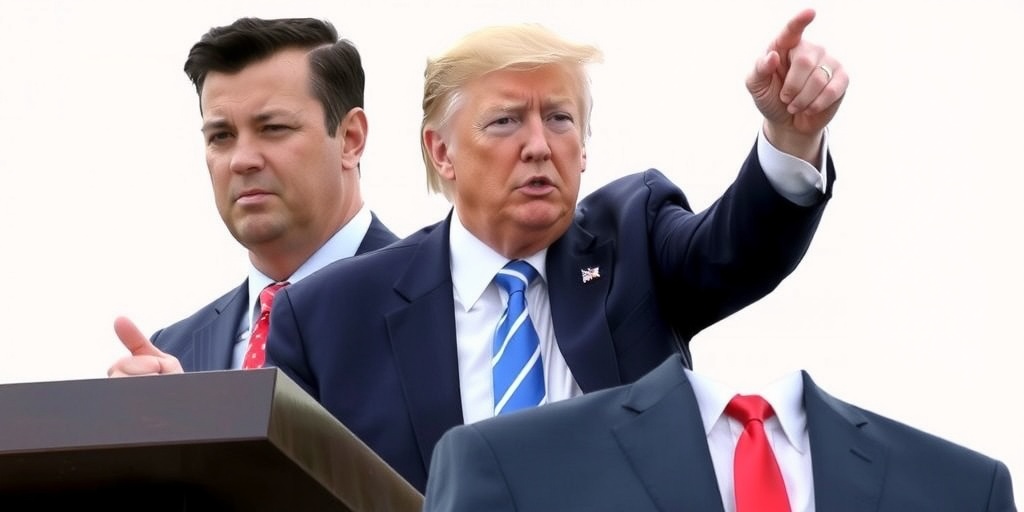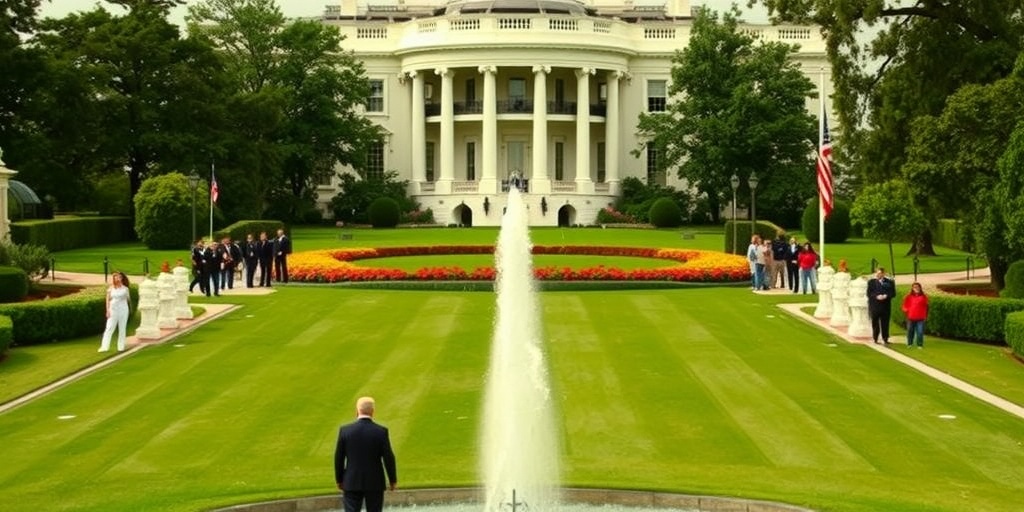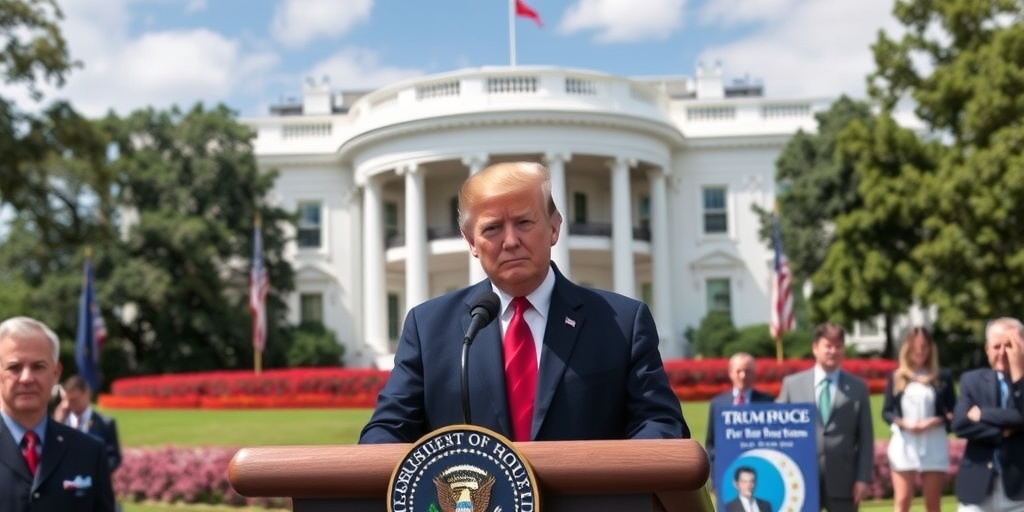Now Reading: House Passes Bill Mandating Citizenship Proof for Federal Elections
-
01
House Passes Bill Mandating Citizenship Proof for Federal Elections
House Passes Bill Mandating Citizenship Proof for Federal Elections
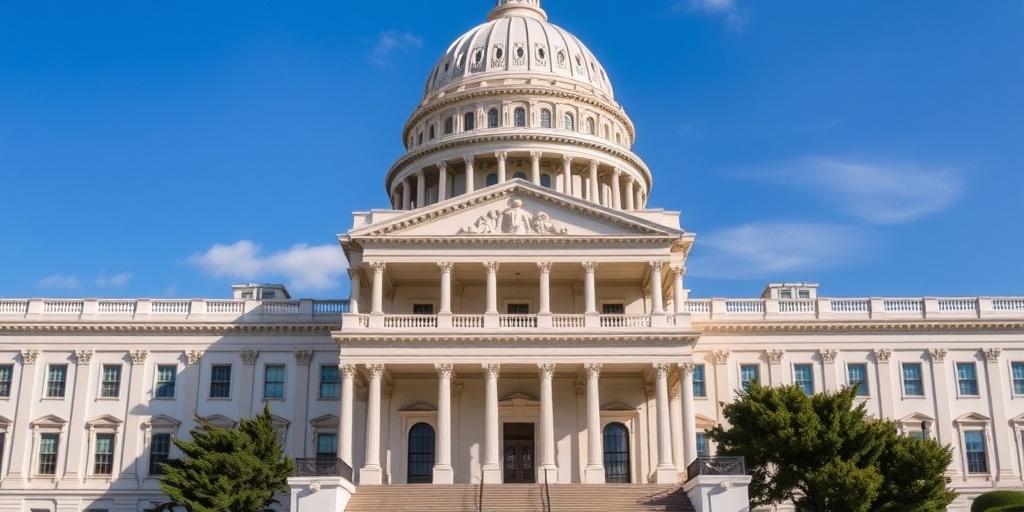
House Passes Legislation Requiring Proof of Citizenship for Voter Registration
On Thursday, the U.S. House of Representatives approved a controversial bill mandating that individuals provide proof of their U.S. citizenship in order to register to vote. The legislation, known as the Safeguard American Voter Eligibility (SAVE) Act, is part of a broader Republican initiative aimed at tightening voting regulations, which has been fueled by former President Donald Trump’s unfounded assertions of widespread electoral fraud during the 2020 election.
Despite evidence showing that voter fraud is exceedingly rare, Trump and supporters within the Republican Party have consistently claimed that noncitizens are unlawfully flooding the voting booths, pledging to address what they describe as a crisis of election integrity. The House passed the SAVE Act with a narrow vote of 220-208, receiving support from four centrist Democratic lawmakers who sided with their Republican colleagues. However, the bill faces a difficult road ahead in the Senate, where it will require at least seven Democratic votes to overcome potential filibustering.
The proposed legislation aims to enhance voter registration by requiring states to verify citizenship with official documentation. Acceptable forms of proof would include files such as a passport or birth certificate, which applicants must present in person. Additionally, the act places a mandate on states to actively remove noncitizen individuals from their voter registration rolls.
This legislative move parallels a recent executive order signed by Trump, which seeks to implement significant changes in U.S. voting procedures in response to his claims regarding the integrity of the 2020 election—a narrative his supporters have embraced despite it being widely discredited.
Critics of the SAVE Act, including many Democrats, have denounced the bill as an unnecessary response to an already negligible problem. They argue that by attempting to address the rare instances of noncitizen voting—which is already illegal—they risk disenfranchising eligible voters, especially marginalized groups. One group that would potentially be adversely affected includes married women who may have had their names changed and may struggle to provide matching documentation for voter registration.
Democratic lawmakers expressed concerns that the bill could create significant bureaucratic hurdles for many Americans, effectively establishing a form of "voter suppression." Representative Joseph D. Morelle of New York remarked that the legislation would complicate the voter registration process and create a "paperwork nightmare," particularly for women whose legal names differ from the names listed on their birth certificates.
Hillary Rodham Clinton, a former Secretary of State and past Democratic presidential candidate, also weighed in on the issue by using social media to advocate against the bill. In her message, she urged women to reach out to their congressional representatives, warning that the legislation could make voting significantly more challenging for those who have changed their names through marriage.
Supporters of the bill, mostly within the Republican Party, have dismissed the Democrats’ concerns as exaggerated and have argued the necessity for greater security measures around the voting process. They assert that states should be empowered to create their own solutions for situations in which a voter’s name does not match official documents.
The SAVE Act has been presented in the House for a second time within two years, having previously passed before but ultimately stalling in the currently Democratic-controlled Senate. Advocates for stricter voting legislation often emphasize the potential for voters to provide identification to bolster election security, citing their desire to maintain the integrity of the electoral process.
Nevertheless, studies conducted by credible organizations, including the Brennan Center for Justice at New York University, have indicated that instances of noncitizen voting are extraordinarily rare. Research examining 23.5 million votes cast in the 2016 presidential election discovered only 30 suspected cases of voting by noncitizens—further undermining the arguments put forth by proponents of the SAVE Act.
As the debate continues around voter registration practices and the broader implications of the SAVE Act, it remains to be seen how the Senate will respond. Should the act make it through the upper chamber, it will undoubtedly face scrutiny from both political parties and potentially contentious discussions around its implications for voter access across the nation.
Stay Informed With the Latest & Most Important News
Previous Post
Next Post
-
 01New technology breakthrough has everyone talking right now
01New technology breakthrough has everyone talking right now -
 02Unbelievable life hack everyone needs to try today
02Unbelievable life hack everyone needs to try today -
 03Fascinating discovery found buried deep beneath the ocean
03Fascinating discovery found buried deep beneath the ocean -
 04Man invents genius device that solves everyday problems
04Man invents genius device that solves everyday problems -
 05Shocking discovery that changes what we know forever
05Shocking discovery that changes what we know forever -
 06Internet goes wild over celebrity’s unexpected fashion choice
06Internet goes wild over celebrity’s unexpected fashion choice -
 07Rare animal sighting stuns scientists and wildlife lovers
07Rare animal sighting stuns scientists and wildlife lovers













